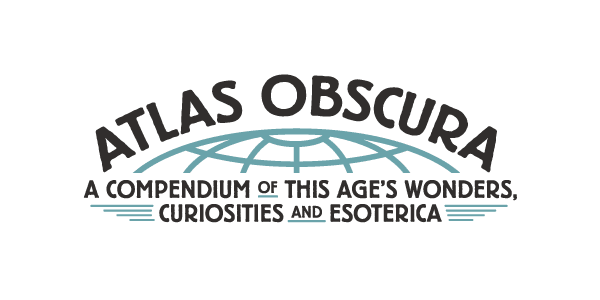Hypothesis is integrated into open education resources (OER) via student-created textbooks
This is an interesting concept ... merging crowd annotations into an open textbook format ... I can see a lot of logistical issues, but the potential for shared knowledge, and insights, and points of view could be intriguing!

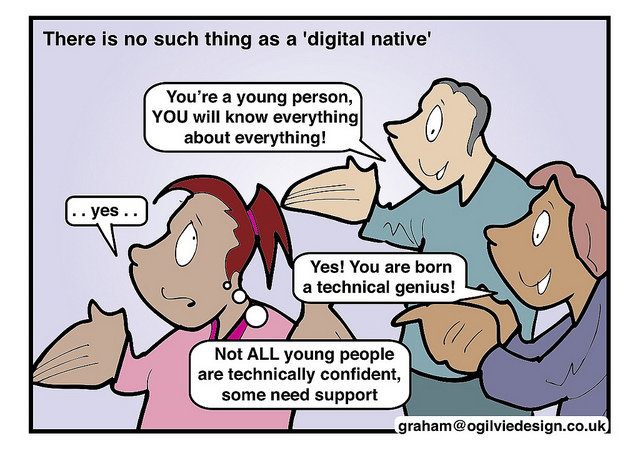

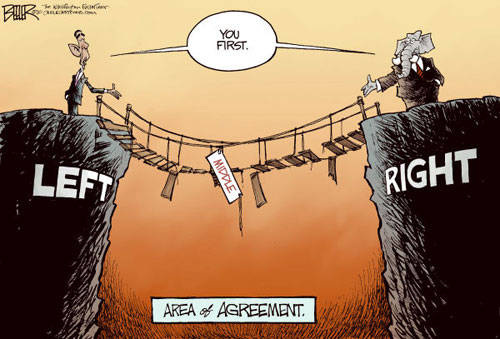


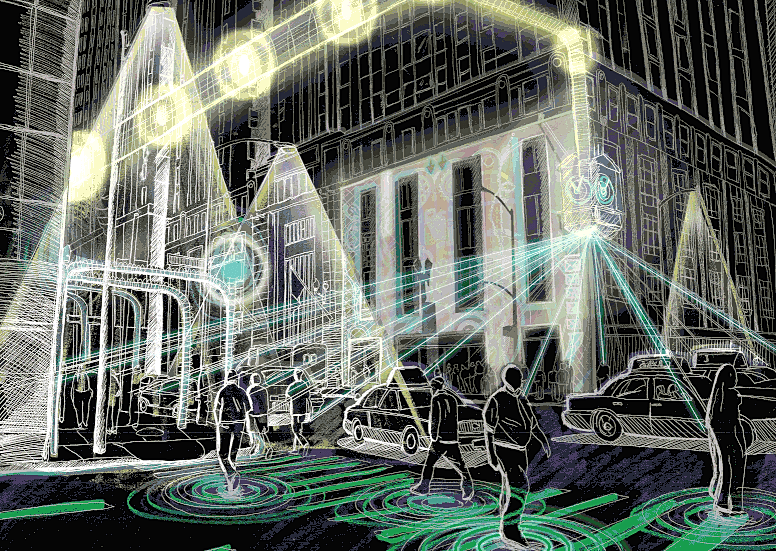
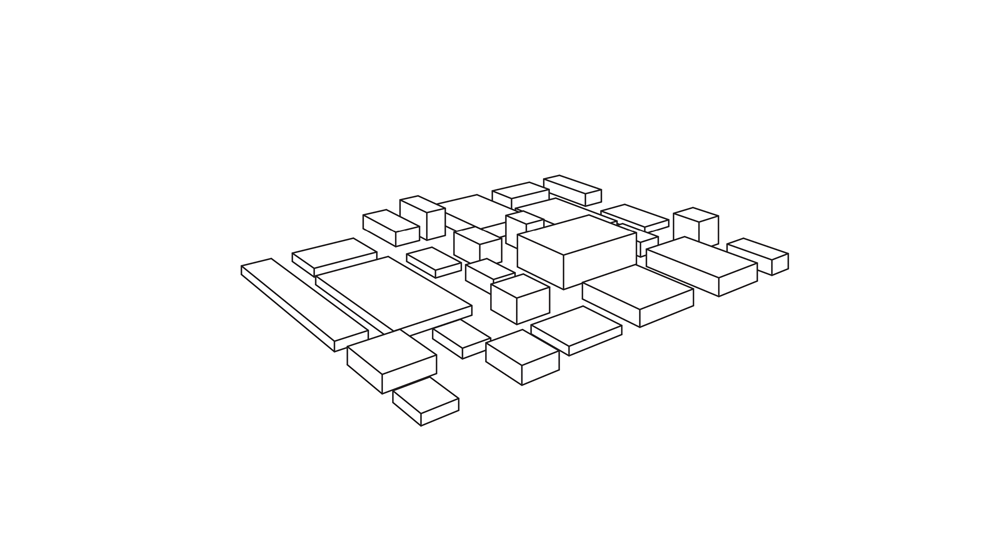




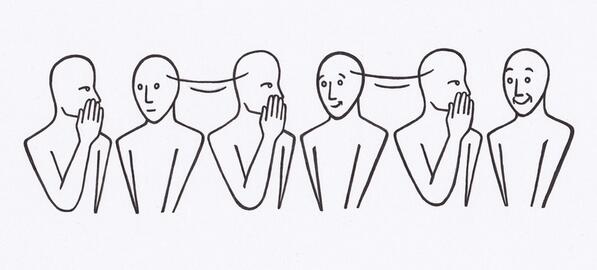





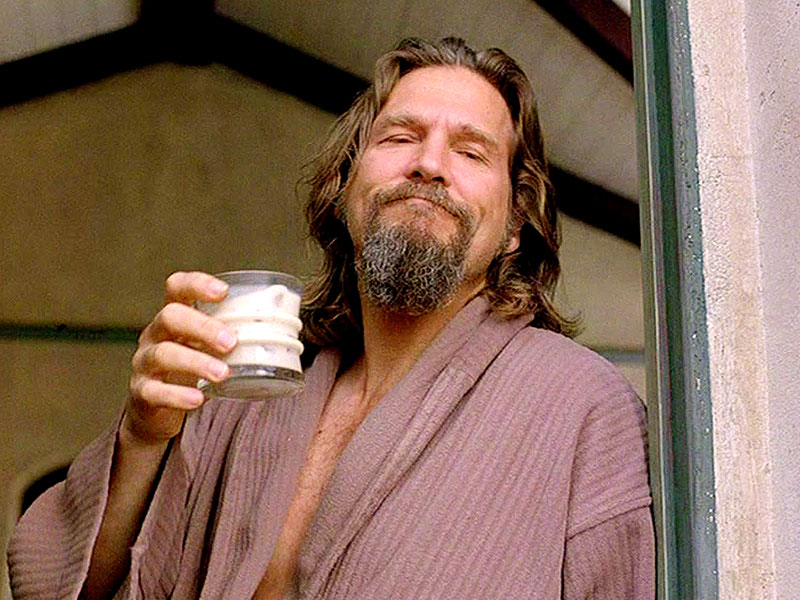

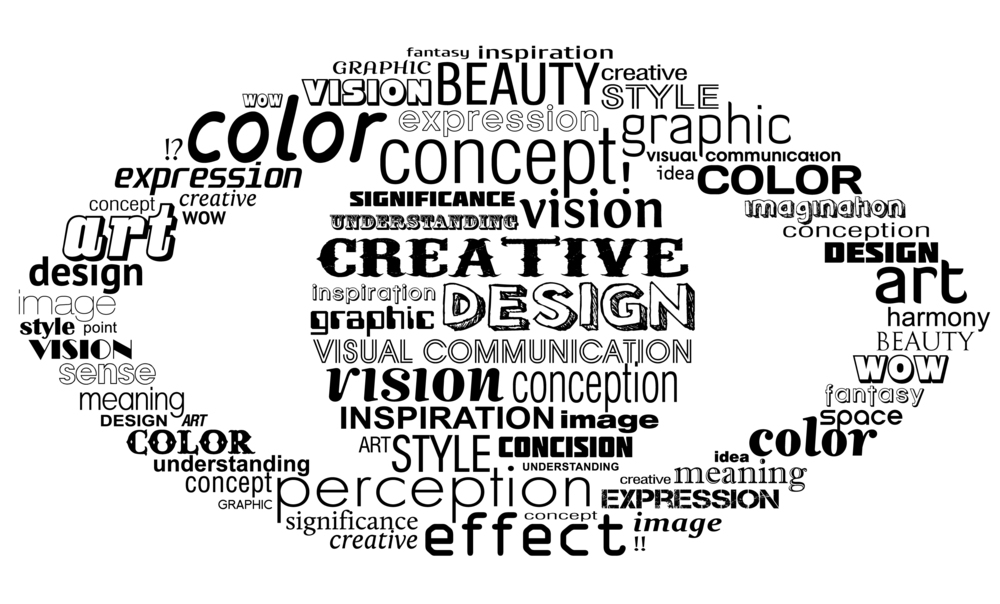


 And now, MEDIA
And now, MEDIA



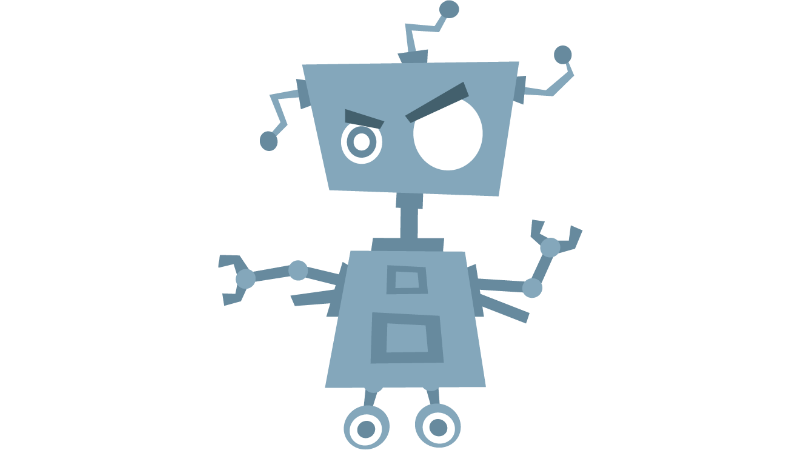













 Hello everyone .. as part of the CLMOOC/DigiWriMo Pop-Up Make Cycle, we thought it might be interesting to dive into this interview with Troy Hicks about the nature of Digital Writing. Troy may join us in the margins, too.
Hello everyone .. as part of the CLMOOC/DigiWriMo Pop-Up Make Cycle, we thought it might be interesting to dive into this interview with Troy Hicks about the nature of Digital Writing. Troy may join us in the margins, too.







